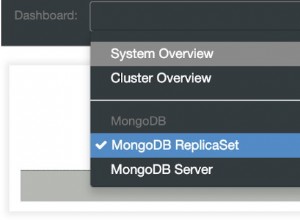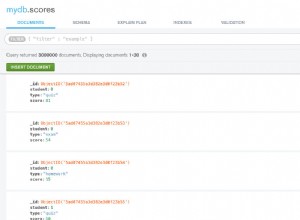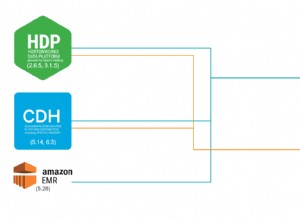Die Beispiele in den Dokumenten würden ausreichen, um loszulegen. Wenn Sie jedoch mit golang nicht vertraut sind, kann die $cond Teil könnte etwas knifflig sein. Siehe Beispielcode unten:
collection := session.DB("dbName").C("devices")
stage_match := bson.M{"$match":bson.M{"userId":"v73TuQqZykbxFXsWo", "state": true}}
condition_weight := []interface{}{bson.M{"$or": []bson.M{
bson.M{"$eq": []string{"$categorySlug", "air_fryer"}},
bson.M{"$eq": []string{"$categorySlug", "iron"}},
}}, 0, 1}
stage_project:= bson.M{"$project": bson.M{"userId":1, "categorySlug":1, "weight": condition_weight}}
stage_sort := bson.M{"$sort": bson.M{"weight":1}}
stage_limit := bson.M{"$limit": 10}
pipe := collection.Pipe([]bson.M{stage_match, stage_project, stage_sort, stage_limit})
Siehe auch mgo:Typ Pipe




